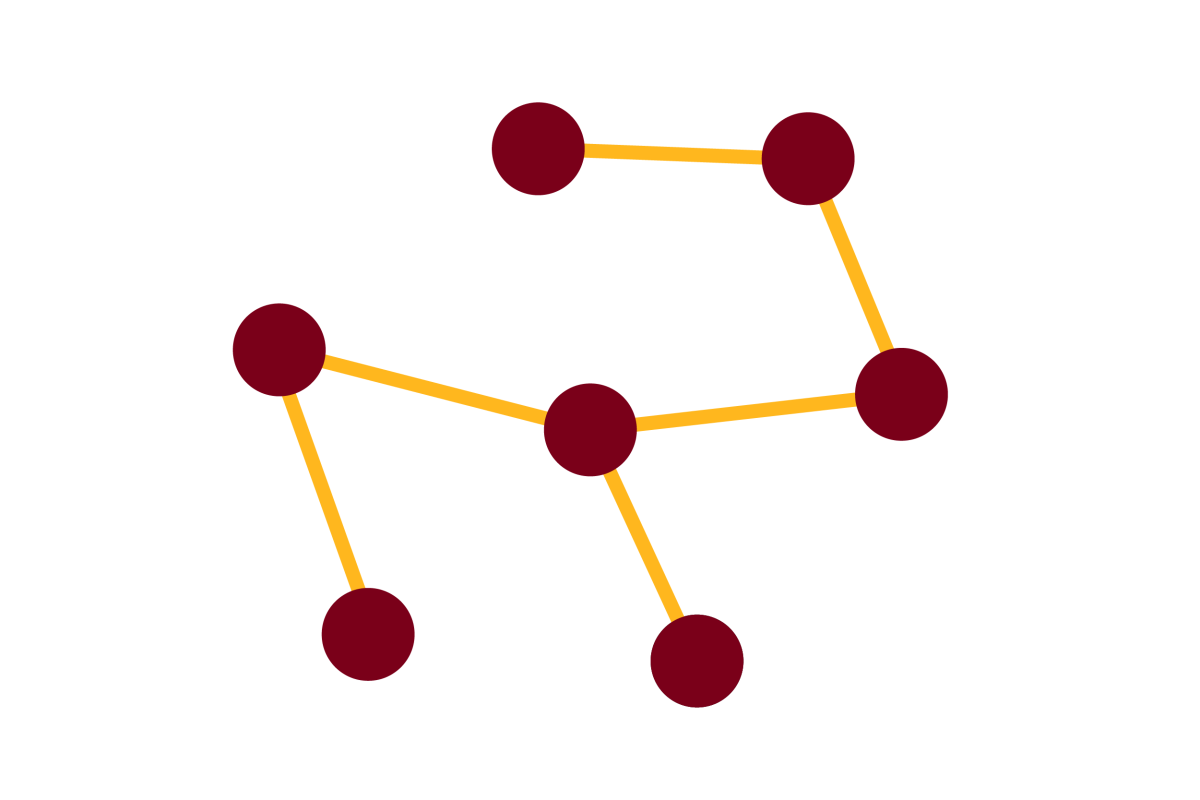Nutrition As a Predictor of Microbiome Injury in Allo-HCT [conference paper]

Conference
Transplantation & Cellular Therapy (TCT) Meetings of ASTCT and CIBMTR - February 8, 2021
Authors
Anqi Dai, Peter A Adintori, Melissa Docampo, John Slingerland, Annelie Clurman, Sean M Devlin, Antonio Gomes, Marina Burgos da Silva, Kate Ann Markey, Marissa Lubin Buchan, Corrado Zuanelli Brambilla, Abigail J Johnson, Robert R Jenq, Daniel Knights (professor), Miguel-Angel Perales, Sergio A Giralt, Marcel RM van den Brink, Jonas Schluter, Jonathan U Peled
Abstract
Background
Intestinal microbiome disruption is a risk factor for poor outcomes after allo-HCT, but the factors that contribute to microbiome injury are not well understood. We hypothesized that nutrition contributes to microbiome composition during allo-HCT.
Methods
Along with 16S profiling of fecal samples, we monitored daily inpatient nutritional intake using a customized real-time survey instrument. Data were quality-controlled by a dietician and matched to the Food and Nutrient Database for Dietary Studies (FNDDS) with modifications to accommodate enteral nutrition and nutritional supplements (e.g. Boost, Ensure).
Results
97 adult patients received conditioning that were 68% ablative, 22% reduced, and 10% nonmyeloablative; 35% had AML. Grafts were T-cell depleted in 49% and cord blood in 7%. 22,614 food entries from 5,230 meals were collected during inpatient admissions. Among 792 sequenced stool samples, 424 were collected following exposure to an empiric antibiotic. The hierarchical organization of the FNDDS vocabulary facilitated application of alpha and beta diversities to diet data, as well as analysis of food items (e.g. chicken), which have been reported to more closely associate with microbiome composition than macronutrients (e.g. fat).
Nutritional diversity declined from admission until day 3 (A). Clusters of dietary patterns were revealed by ordination, in which highly diverse diets clustered together (B). To gain insight into which types of foods are associated with microbiome injury, we constructed a Bayesian multilevel model to evaluate relationships between microbiota diversity and the amount consumed of different food groups in the two days preceding each stool sample. This model controlled for conditioning intensity, exposure to empiric antibiotics and to total parenteral nutrition, and a random intercept term per patient to accommodate repeated measurements from the same patient and a random intercept term for each week relative to HCT. Intake of fruits was associated with low fecal microbiota alpha diversity (C). The model predicts that, on average, consumption of 100g fruit over two days would result in a biologically meaningful decline of diversity by 1.5 inverse Simpson units. Interestingly, several other food types enriched in simple sugars trended toward associations with lower diversity as well, including nutritional drinks and the “sugars, sweets & beverages” category.
Conclusion
Consumption of fruits, and perhaps other sugar-rich foods, is associated with lower fecal microbiota alpha diversity in allo-HCT. We hypothesize that initial insults to diverse microbial communities are exacerbated by simple sugars, such as those found in fruits in that these can be exploited by the remaining organisms as readily available nutrients. These results highlight the importance of developing evidence-based nutritional recommendations in allo-HCT.
Link to full paper
Nutrition As a Predictor of Microbiome Injury in Allo-HCT
Keywords
bioinformatics, computational biology